Victoria Aesthetic is here to meet your health needs.




Imagine a natural, non-surgical facelift. Facial Endolifting stimulates your skin's natural collagen production from within, firming and lifting the tissues for a sculpted, youthful look.
It's the perfect partner to a chemical peel, as it addresses deeper layers of your skin, creating a harmonious approach to anti-agin
This innovative treatment combines a gentle microdermabrasion with a personalized blend of active ingredients tailored to your skin's specific needs.
Dermapeel refines your skin's texture, promoting a smoother, more even complexion. When combined with a chemical peel, the Dermapeel amplifies the peel's effects, maximizing the benefits and leaving your skin truly luminous.
These injectables are like a wake-up call for your skin's natural collagen production. Over time, they stimulate your body to create new collagen, plumping and smoothing your skin from within.
When combined with a chemical peel, these stimulators work in harmony to address both the surface and deeper layers of your skin, optimizing texture, tone, and firmness.
This micro-needling technique creates tiny channels in your skin, triggering a healing response that boosts collagen and elastin production.
The Dermapen can be used alone for skin rejuvenation, or in conjunction with a chemical peel to enhance absorption and maximize results. This combination approach tackles multiple skin concerns, from fine lines and acne scars to uneven texture and hyperpigmentation.

Experience Care with Victoria Aesthetic & Wellness Clinic
Share your transformation story and explore wellness tips by joining our community on social media


Check our hair servicies in Victoria Aesthetics

A chemical peel is a cosmetic treatment where a chemical solution is applied to the skin to remove the top layers. This process encourages new skin cell growth, resulting in smoother, more even-toned skin.
There are different types of chemical peels, varying in strength (superficial, medium, and deep). The choice depends on your skin type, concerns, and desired results.
Most people are suitable candidates for a chemical peel. However, a consultation is essential to determine your suitability and the best type of peel for your individual needs.
Chemical peels can help with a variety of concerns, including fine lines, wrinkles, acne scars, hyperpigmentation (sun damage, melasma), uneven texture, and dullness.
The process starts with a thorough cleansing of your skin. Then, the chemical solution is applied, which may cause a slight tingling or burning sensation. The peel is neutralized, and soothing products are applied.
The duration depends on the type of peel, but it typically takes 30-60 minutes.
Most chemical peels cause mild discomfort, like a tingling or warm sensation. Deep peels might require numbing medication.
Your skin may be red, tight, and slightly swollen after the peel. Peeling usually starts within a few days and can last for up to a week.
Recovery varies depending on the depth of the peel. Superficial peels have minimal downtime, while deeper peels may require a week or more of recovery.
It's crucial to protect your skin from the sun with a broad-spectrum sunscreen and avoid picking or peeling the skin during recovery.
The frequency depends on the peel's intensity and your skin's response. Superficial peels can be done monthly, while deeper peels are typically less frequent.
Possible side effects include temporary redness, swelling, peeling, scabbing, and changes in skin pigmentation. Rare complications like infection or scarring can occur.
A consultation with a qualified professional is essential to determine the best peel for your skin type, concerns, and goals
